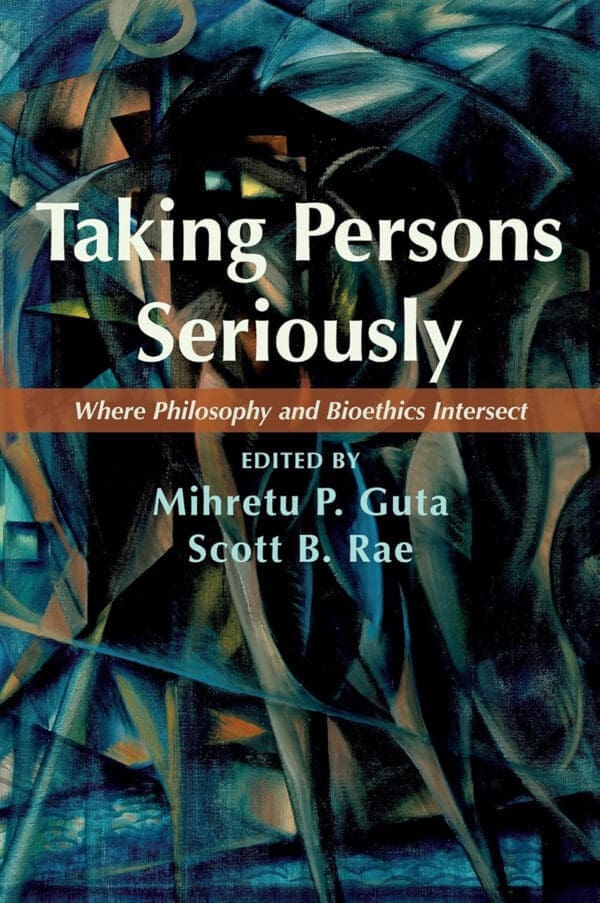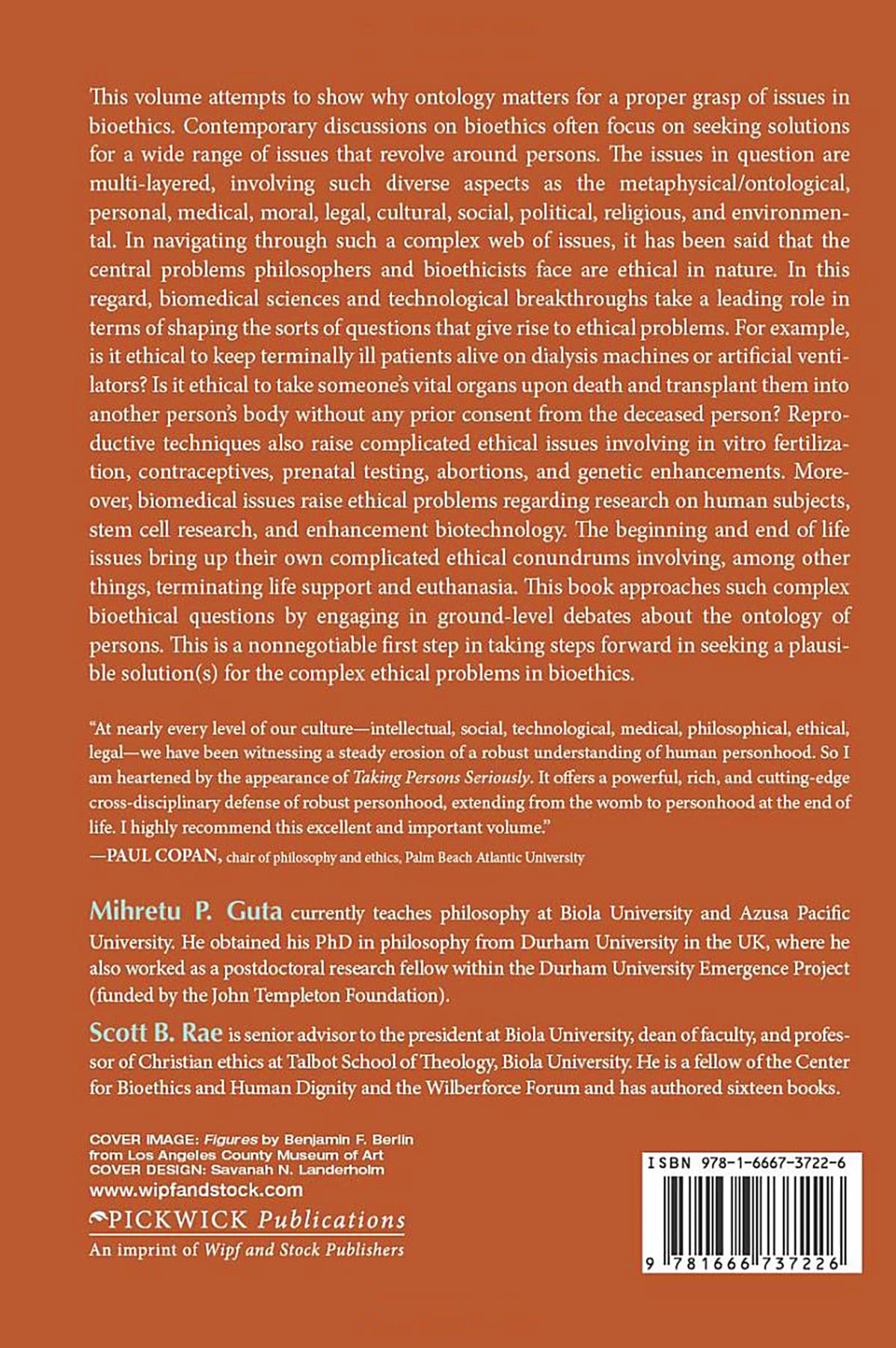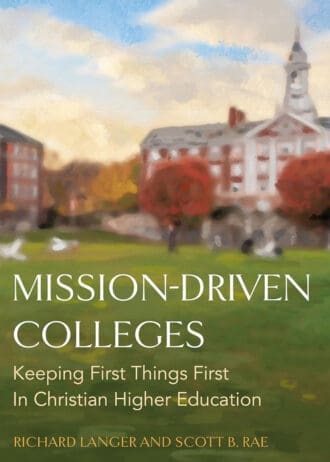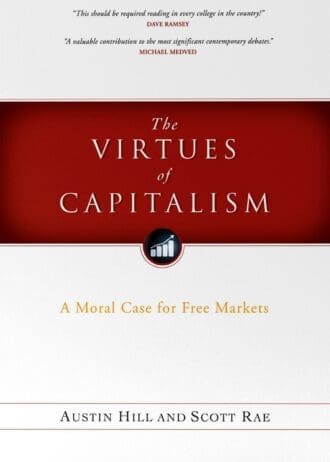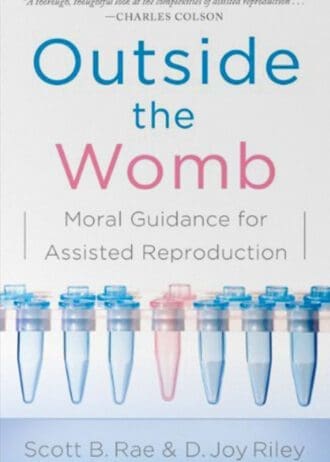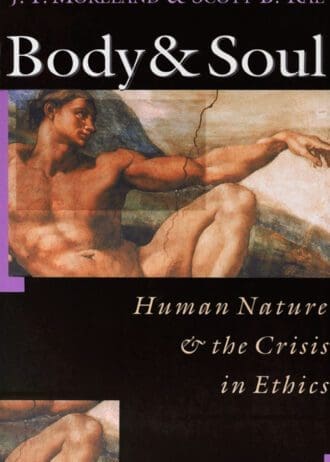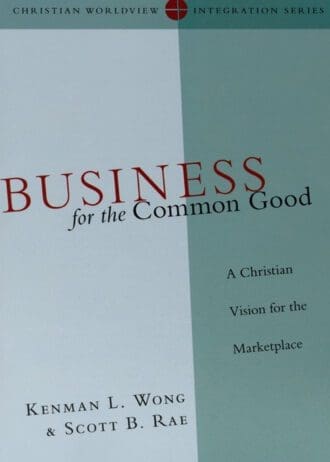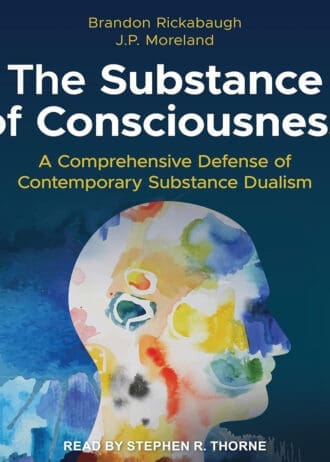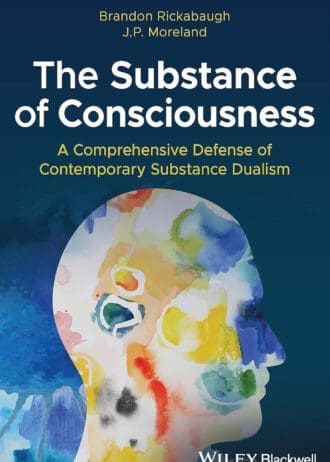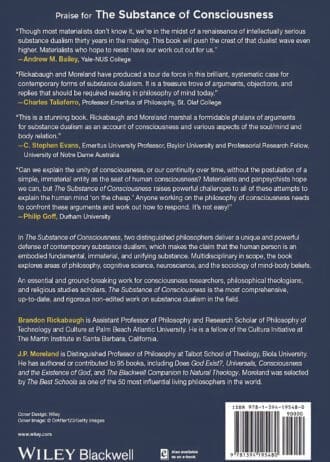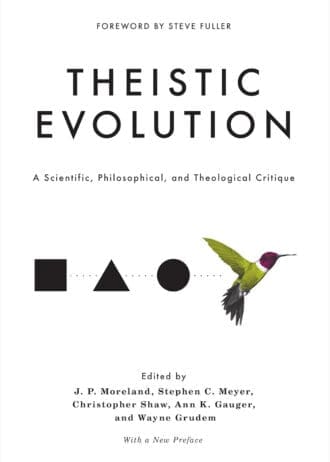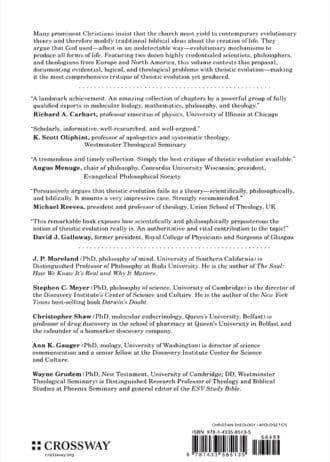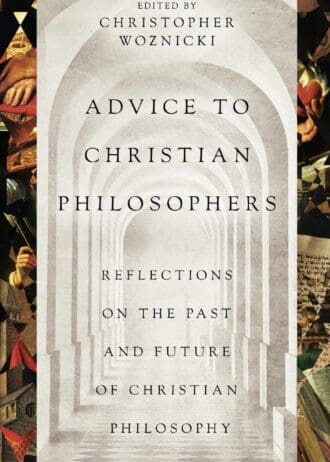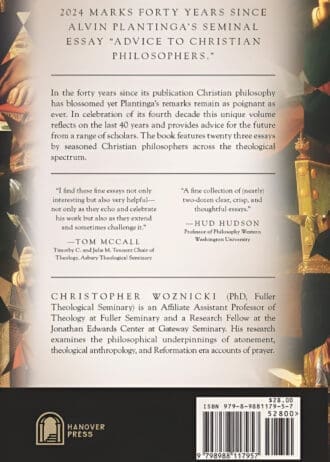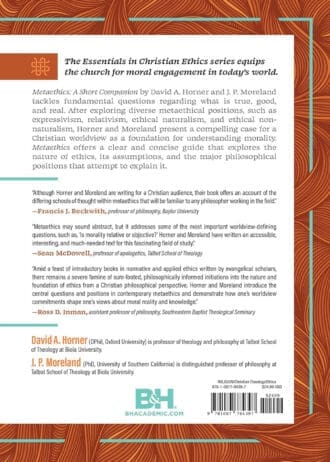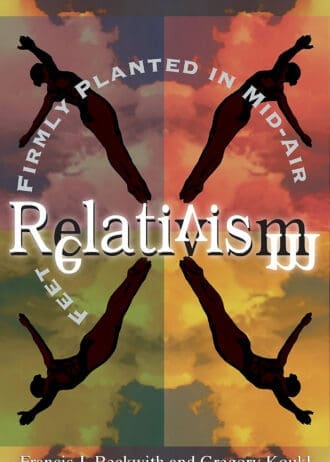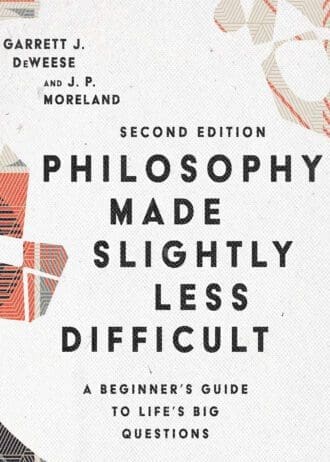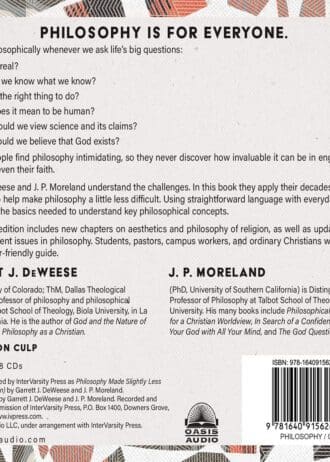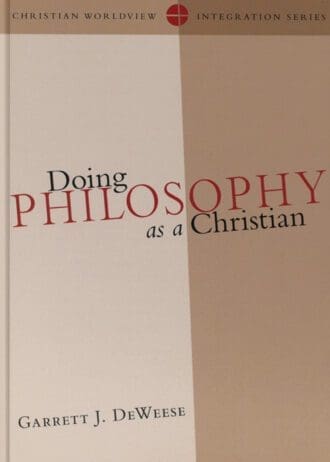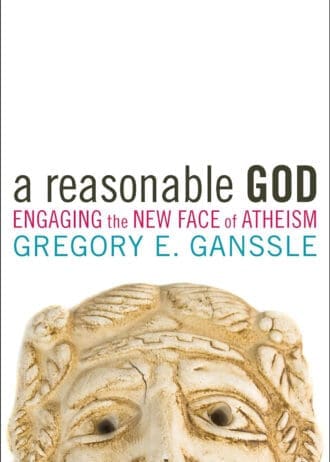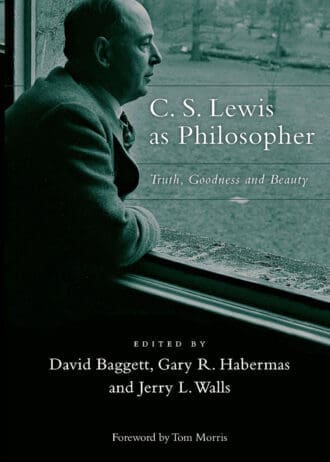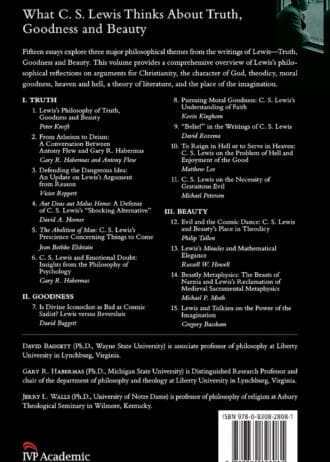This volume attempts to show why ontology matters for a proper grasp of issues in bioethics. Contemporary discussions on bioethics often focus on seeking solutions for a wide range of issues that revolve around persons. The issues in question are multi-layered, involving such diverse aspects as the metaphysical/ontological, personal, medical, moral, legal, cultural, social, political, religious, and environmental. In navigating through such a complex web of issues, it has been said that the central problems philosophers and bioethicists face are ethical in nature. In this regard, biomedical sciences and technological breakthroughs take a leading role in terms of shaping the sorts of questions that give rise to ethical problems.
For example, is it ethical to keep terminally ill patients alive on dialysis machines or artificial ventilators? Is it ethical to take someone’s vital organs upon death and transplant them into another person’s body without any prior consent from the deceased person? Reproductive techniques also raise complicated ethical issues involving in vitro fertilization, contraceptives, prenatal testing, abortions, and genetic enhancements. Moreover, biomedical issues raise ethical problems regarding research on human subjects, stem cell research, and enhancement biotechnology. The beginning and end of life issues bring up their own complicated ethical conundrums involving, among other things, terminating life support and euthanasia.
This book approaches such complex bioethical questions by engaging in ground-level debates about the ontology of persons. This is a nonnegotiable first step in taking steps forward in seeking a plausible solution(s) for the complex ethical problems in bioethics.
Editorial Reviews
Careful thought in bioethics is impossible without a well-grounded concept of persons. In public discourse, however, the nature of a human being is rarely considered. In a similar way, academic discussion of personhood sometimes leaves the questions of bio-ethics unexplored. Taking Persons Seriously brings these two crucial areas into rigorous conversation. The essays in this collection are academically rigorous, and they provide a sweeping engagement with the most important questions of our day.
Gregory E. Ganssle, chair of philosophy, Talbot School of Theology, Biola University
Taking Persons Seriously is a deep dive into the ontological foundations of what it means to be a human person. Yet the various authors don’t leave the philosophical question of human nature as an abstraction; rather, they apply their conclusions to pressing contemporary bioethical issues, arguing (rightly in my opinion) that ontology provides the starting point for discussions about bioethics.
Sean McDowell, associate professor of Christian apologetics, Talbot School of Theology, Biola University
At nearly every level of our culture–intellectual, social, technological, medical, philosophical, ethical, legal–we have been witnessing a steady erosion of a robust understanding of human personhood. So I am heartened by the appearance of Taking Persons Seriously. It offers a powerful, rich, and cutting-edge cross-disciplinary defense of robust personhood, extending from the womb to personhood at the end of life. I highly recommend this excellent and important volume.
Paul Copan, chair of philosophy and ethics, Palm Beach Atlantic University
Although intent on serving the good of humanity, bioethics largely ignores the fundamental nature of human persons. In this impressive volume, Mihretu Guta and Scott Rae assemble a diverse group of experts to correct this ontological neglect to preserve the priority of persons. This book can’t be ignored!
Brandon Rickabaugh, assistant professor of philosophy, Palm Beach Atlantic University
To reach sound conclusions about bioethical issues, we need a proper understanding of the nature of human persons. This collection of essays will be helpful to anyone who wants to deepen their understanding of what human persons are, why they matter, and the ways such an understanding should guide our approach to theory and practice in bioethics.
Michael W. Austin, professor of philosophy, Eastern Kentucky University

